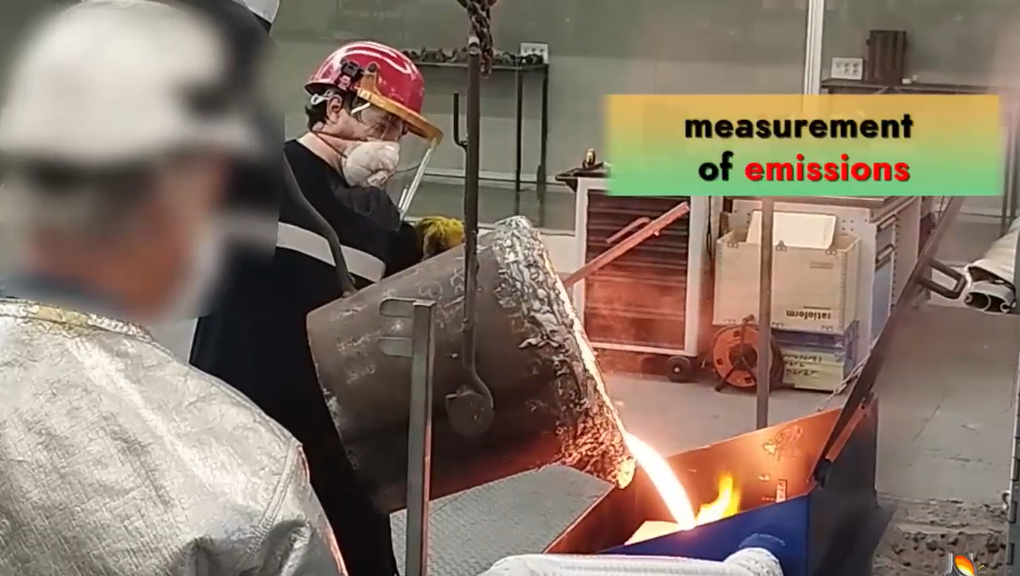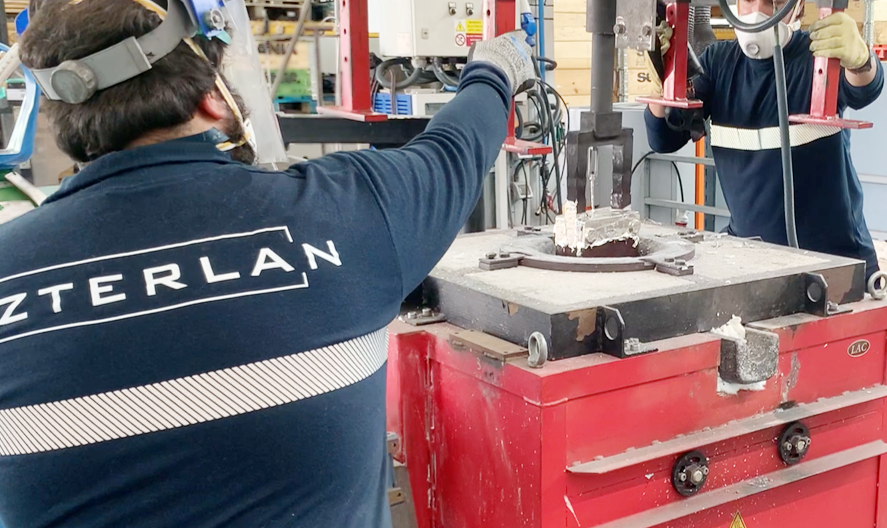The Kasandra project addresses an important technological problem in foundries: the lack of precision of commercial systems for simulating casting processes, mainly when it comes to predicting shrinkage defects in manufactured components. This lack of precision leads to several industrial and economic problems.
In the last decades, models have been developed that, by combining numerical simulation systems and discrete data sets, are capable of virtually simulating and calculating the behavior of the material in solidification processes. However, these models have deficiencies for different reasons:
- The predictions that are obtained are not accurate enough.
- They are designed to work off-line and usually require very long calculation times.
- Its applicability is reduced to a very small set of materials and/or in a narrow range of process conditions.
- They do not incorporate certain phenomena that are known to be key.
- They are not prepared to be combined with process data and to be able to execute in parallel to the process, communicating with it.
- In the best of cases, these data are used to make basic calculations and obtain trends, but they fall short when greater precision is needed in predictions or to simulate complex aspects.
Hand in hand with other products developed by AZTERLAN (such as Sentinel®, Salomon and Thermolan®), the Kasandra project is aimed at developing predictive software that will contribute to a very significant reduction in the main internal costs of foundry companies through of:
- Cost reduction by minimizing internal rejection and customer claims.
- Cost reduction for quality controls and mass inspection of parts.
The Kasandra project is financed by the Provincial Council of Bizkaia.




